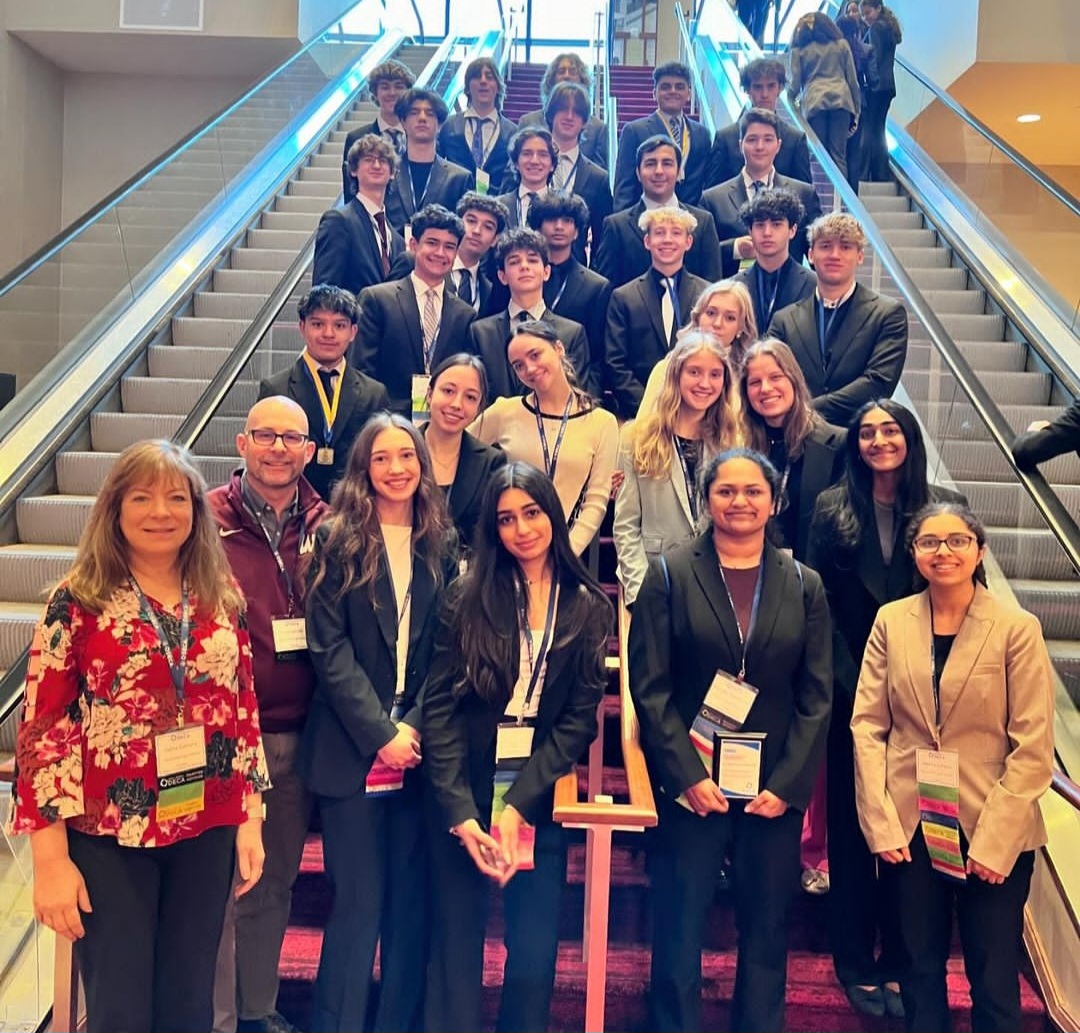Antitrust Investigation Launched Against Google
September 18, 2019
A coalition of fifty attorney generals from 48 states, Washington DC, and Puerto Rico opened an antitrust investigation on Google and its parent company, Alphabet, on September 9th, seeking information from the Google data collection process and market competitivity practices.
A 29-page document, known as civil investigative demand, was sent to Alphabet senior competition counsel, Kevin Yingling, calling for 230 explanations or documents relating to Google product including Chrome and Youtube.
One example of demands is asking for an explanation of what types of behavioral data Google collects when users visit a website on Chrome or view an Accelerated Mobile Page (AMP) in order to influence online browsers.
The investigative demand is seeking documents dating back as far as to January 2014 and requesting responses by October 9th.
The Department of Justice and the house judiciary committee are both pushing their own separate investigations on Google, with the house judiciary committee also seeking the release of documents from Apple, Amazon, and Facebook.
While the Google probe may seem revolutionary for the current time period, these investigations are not the first for the 119 billion-dollar company.
An earlier investigation, conducted by the Federal Trade Commission in 2011, focused on Google’s search business and competition in the smartphone market. The investigation concluded in 2013, with Google emerging with little damage and zero fines.
Despite earlier investigations with fruitless outcomes, many experts believe that the time period and events surrounding the current probe may result in valuable information resurfacing about the big tech industry.
The probe is also receiving lots of action out in Europe, with growing political and public interest in both countries regarding big tech companies and antitrust issues.
While these investigations may seem pertinent, the procedure in retrieving information from Google and other large corporations still require legal procedures and time. Information requests, subpoena, and detail demands all lead to a slow but thorough process of taking in evidence for review before drawing conclusions.
When asked about their opinion on the Google investigations, Wayne Hills senior Cheyenne Ajebe commented, “I don’t think it’s that big of a deal. At the time, I don’t think we should focus on big companies and possible companies where there are people actually losing lives to serious diseases and getting deported.”
While there may be disagreements on the importance of the investigation, the results of the Google probe is sure to create waves in the tech industry as documents resurface concerning the tactics of multi-billion dollar corporations.

















